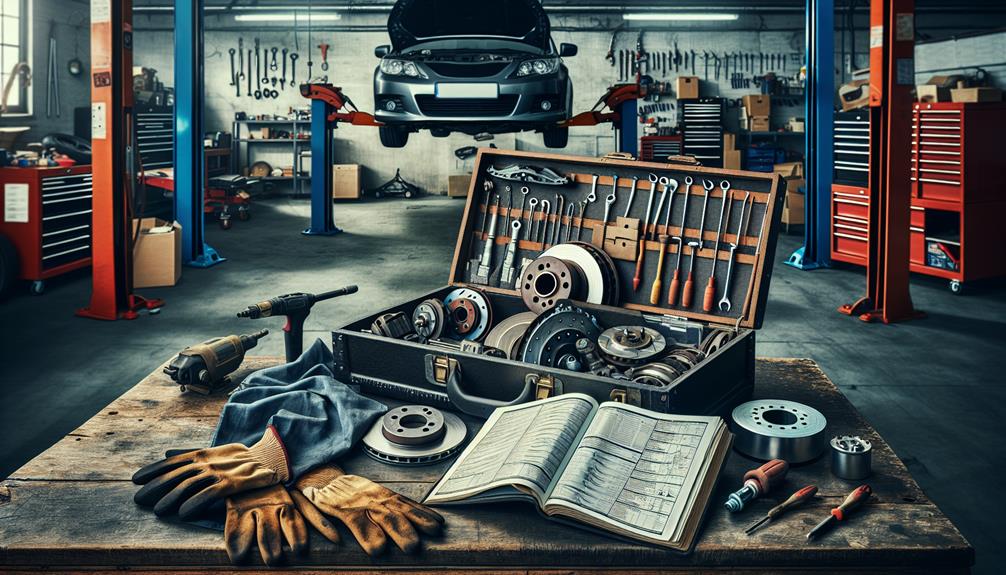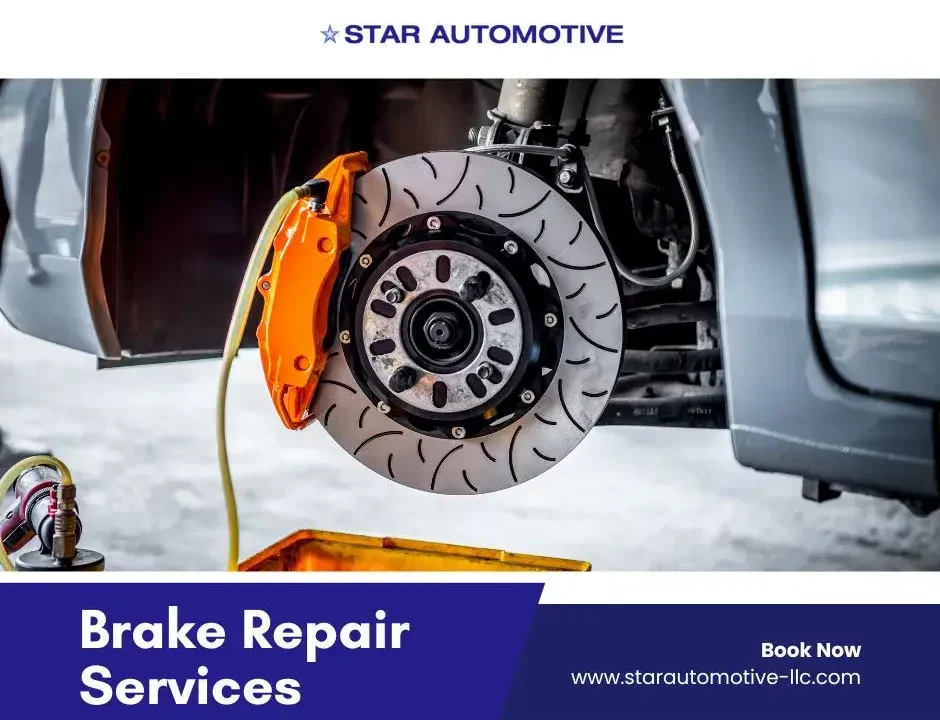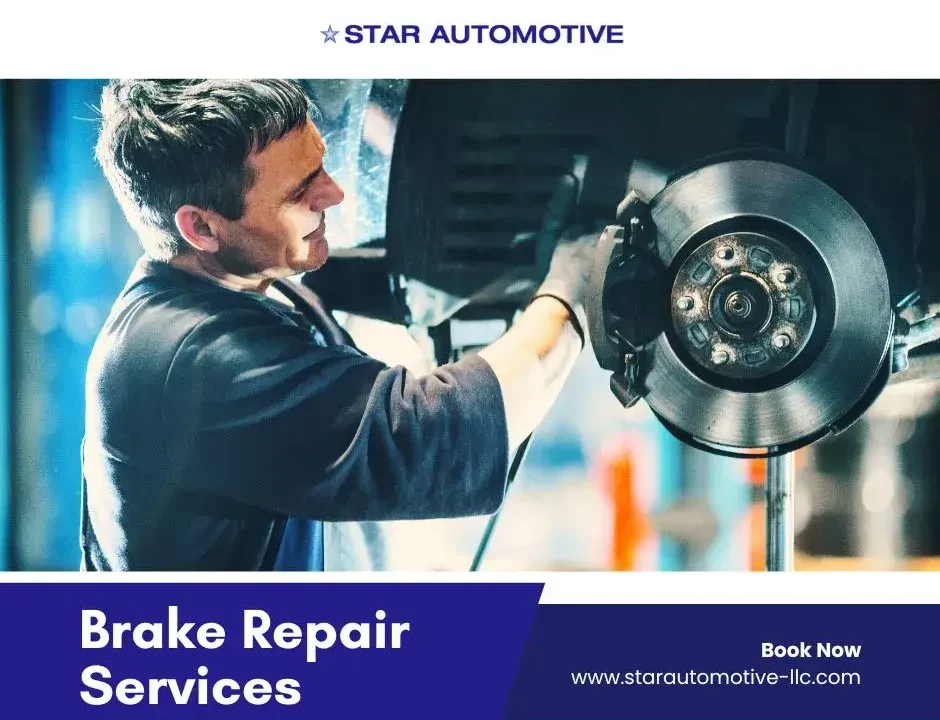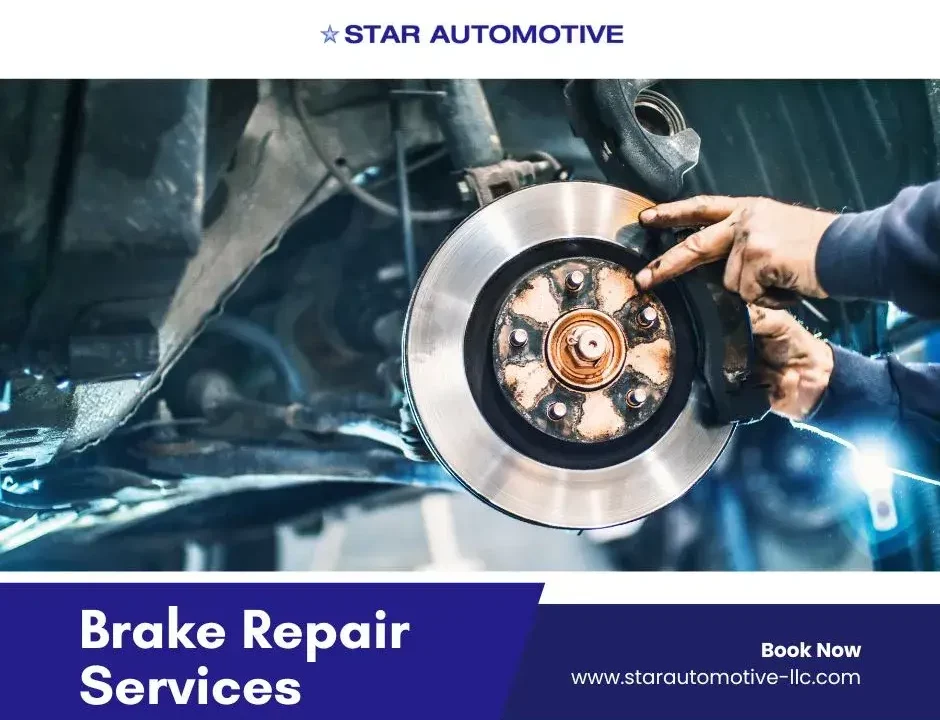
Silent Stoppers: Eliminating Brake Noise and Vibration
February 14, 2024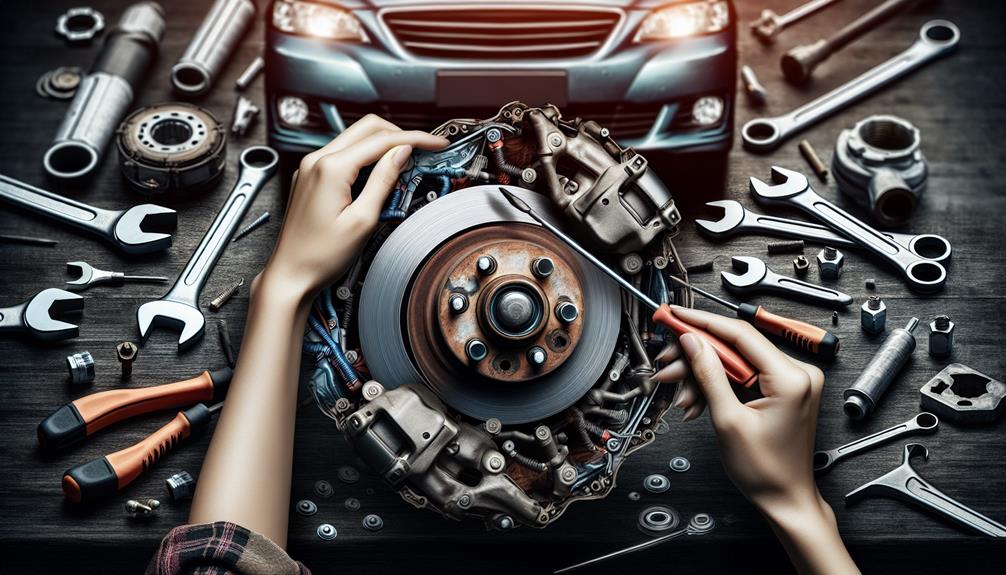
Brake Right: Mastering the Art of Brake Component Repairs
February 14, 2024In the realm of automotive safety, few components are as critically vital as the braking system. Ensuring the ability to halt a rapidly moving vehicle with precision and control is paramount to the safety of the driver, passengers, and the general public. The complexity of modern braking systems, with their intricate configuration of hydraulic, mechanical, and electronic elements, necessitate regular maintenance and timely repairs to maintain optimal performance. This discussion will explore the nuances of brake repair and maintenance, providing a comprehensive guide to understanding these systems, identifying common problems, and implementing effective solutions. As we proceed, we will uncover why mastering this aspect of vehicle care not only contributes to safer driving but can also yield significant cost savings in the long run.
Understanding Brake Systems
To fully appreciate the importance of brake maintenance and repair, one must first gain an in-depth understanding of the complex system that comprises the vehicle’s brakes. This system integrates various components, including the brake pedal, master cylinder, brake lines, brake calipers, brake pads, and brake rotors. Each has a distinct, critical function that ensures the vehicle can halt safely and efficiently. The brake pedal activates the master cylinder, which sends hydraulic fluid through the brake lines, causing the calipers to press the pads against the rotors, thus slowing or stopping the vehicle. This process is repeated countless times throughout the life of a vehicle, making regular inspection and maintenance imperative. Understanding the system enhances the vehicle owner’s awareness of their vehicle’s braking behavior, ultimately contributing to safer driving.
Essential Brake Maintenance Tips
Understanding the intricacies of brake maintenance is paramount for ensuring the longevity and safety of your vehicle. Regular inspections are a key component; a professional should examine your brake system at least once a year. Brake pads and shoes should be replaced if worn beyond manufacturer’s specifications. Fluid levels need to be monitored, as they can indicate potential leaks. Brake fluid should also be replaced periodically to maintain optimal performance. It’s equally important to be aware of any changes in your vehicle’s braking behavior, such as squealing noises, vibration, or increased stopping distance. These could be signs of brake wear or damage. Proper maintenance not only prolongs your brake system’s life but significantly contributes to your safety on the road.
Conclusion
In conclusion, the importance of brake repair systems in vehicles cannot be overstated. Regular maintenance and prompt repair significantly enhance road safety and prolong vehicle longevity. Understanding the intricacies of brake systems, coupled with essential maintenance tips, empower drivers to make informed decisions and ensure optimal vehicle performance. Thus, a proactive approach to brake maintenance and repair is a critical component of responsible vehicle ownership.

